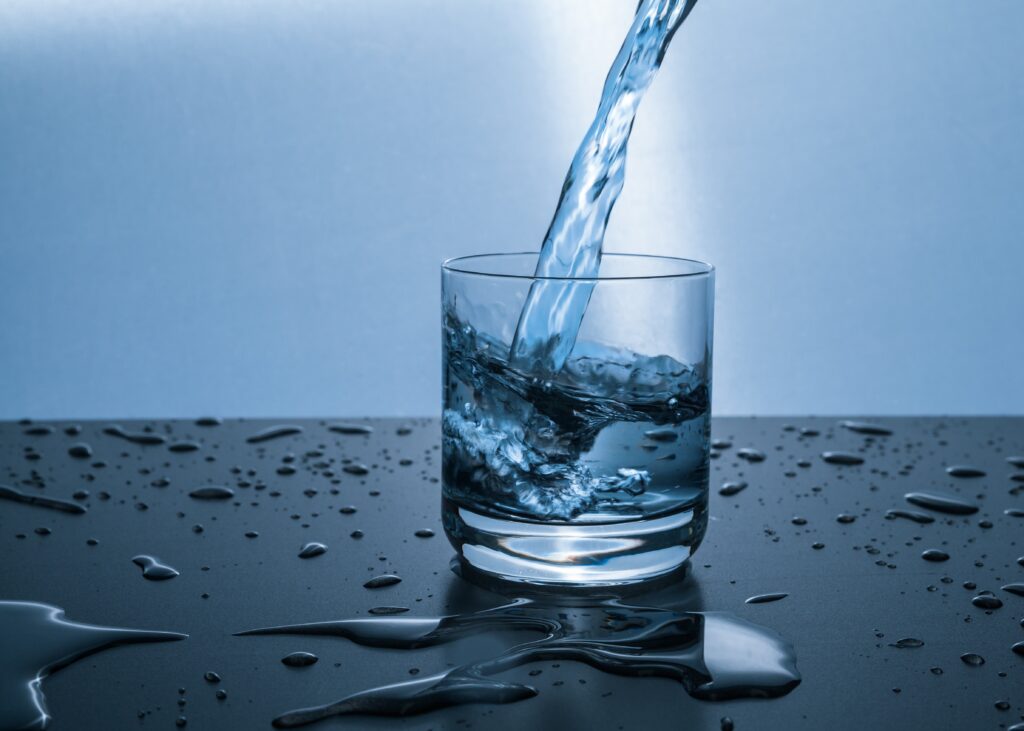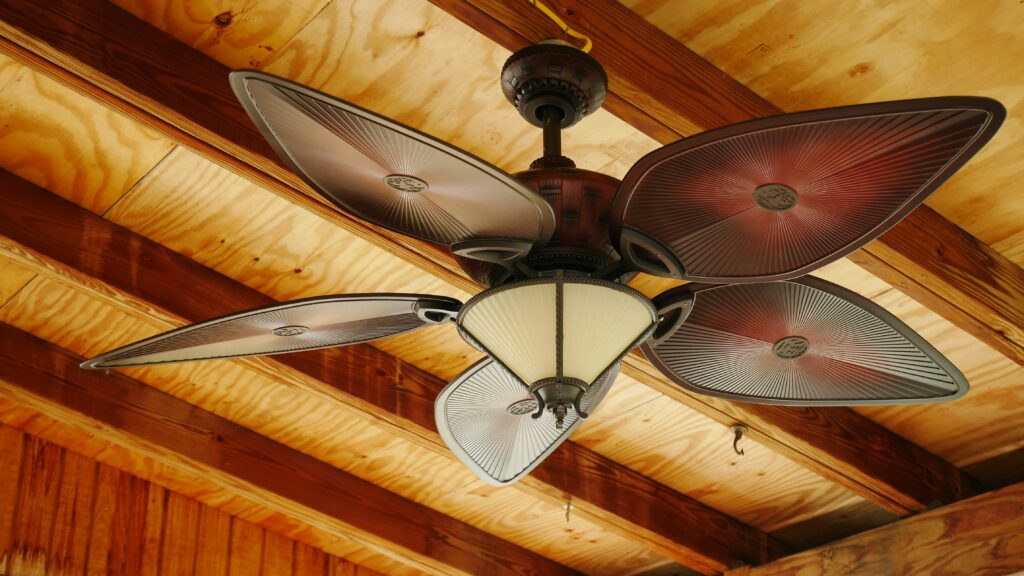Types of Pipes: Copper vs. PEX
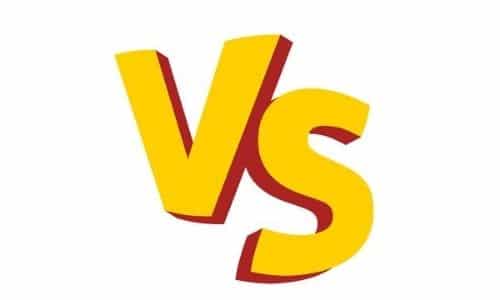
Knowing the Difference Between PEX and Copper Pipes
When trying to determine the quality of a product, people often look to the materials it’s made from. For example, when trying to pick out a new couch to buy, people will look at the quality of the outer material to determine whether the fabric will become worn down or fade quickly, or if the cushions will start to sag in less than a year.
The same is true with any product that people buy, including the materials that homeowners use in their plumbing systems.
PEX Pipes vs. Copper Pipes

One of the biggest questions that come up when installing new plumbing pipes is whether to use PEX or copper piping materials. Copper pipes use copper metal tubes and fittings. PEX pipes, on the other hand, are made from high-density polyethylene (HDPE). Both options are common for houses, but there are pros and cons to each.
PEX Pipes: Pros and Cons
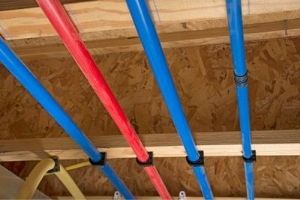
More flexible: The flexibility of the pipe allows it to easily bend around corners, which requires fewer connectors and elbow parts that copper pipes would need.
Greater safety during installation: Copper pipes require soldering during the installation process, which can be a fire hazard, while PEX pipes use mechanical fittings instead.
Cons:
Not suitable for outdoors: PEX pipes are not a good fit for outdoor piping needs. UV light can break down the PEX material causing it to crack within just a few months.
Not as sustainable: PEX materials are very difficult to recycle because they can’t melt like many other plastics.
Requires special connectors: PEX pipes cannot be connected directly to a water heater, so they require an 18-inch copper or PVC connector from the water heater to the PEX pipes.
Copper Pipes: Pros and Cons
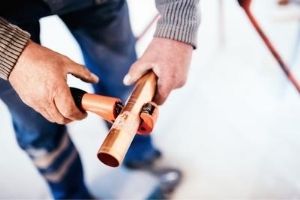
Pros:
Longer lifespan: On average, copper pipes can last anywhere from 50-70 years (up to the lifespan of the house) while PEX pipes typically last 30-50 years.
Recyclable: Unlike PEX, copper pipes are easy to recycle, making them an environmentally-friendly option.
Fire-resistant: Copper pipes have a high thermal rating, making them more resistant to fires.
Cons:
More expensive: The cost of copper pipes has increased in recent years due to its increased recycling value. The installation process can also be more expensive with the additional fittings needed to place the pipes around corners.
Prone to pipe bursts: If the water inside the pipes freezes and expands, copper pipes are likely to burst, causing an emergency for homeowners.
Metallic taste: As water flows through the copper pipes, it can carry that metallic taste along with it, which can be off-putting to many homeowners.
Understanding these pros and cons for each piping option can help homeowners make the best decision for their homes, as each home’s needs are unique.
About Korte Does It All.
Korte Does It All is a one-stop resource for complete electrical, heating, cooling, and plumbing solutions with over 50 years of experience. From Fort Wayne plumbing installation to maintenance, their expert technicians offer same-day service, 24/7. Their customers can have peace of mind knowing every job they carry out is performed with precision.
Recent Posts
Recent Posts
Request Service
Fill out the form below, and we’ll contact you soon to schedule your home service appointment.
Request Service


Enroll in Our Peace of Mind Agreement
Routine Heating & Cooling
Maintenance Guaranteed
- Two system checks each year
- Priority service
- No overtime charges
- Product and service discounts






